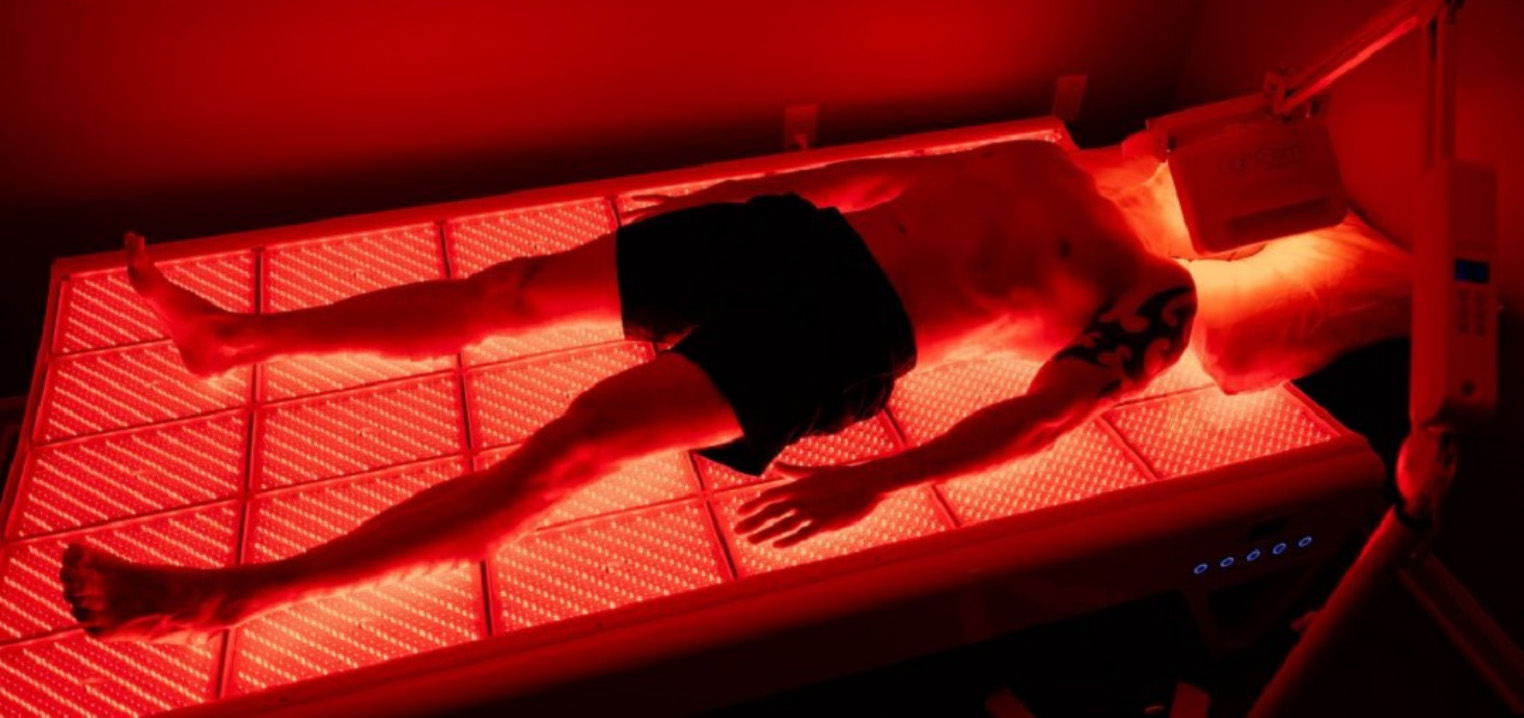Benefits of Tanning Beds
Tanning beds have gained popularity in recent years due to their ability to provide a sun-kissed glow all year round. In this article, we will explore the various benefits of tanning beds and how they can enhance your overall well-being.
Enhanced Vitamin D Production
Tanning beds stimulate the production of vitamin D in your body. Vitamin D plays a crucial role in maintaining healthy bones, teeth, and immune system. Regular exposure to tanning beds can help combat vitamin D deficiency, especially in regions with limited sunlight.
Improved Mood and Mental Health
Exposure to tanning beds triggers the release of endorphins, also known as “feel-good” hormones. These endorphins promote a sense of relaxation, reduce stress levels, and improve overall mood. Tanning beds can be a great way to combat seasonal affective disorder (SAD) during darker months.
Acne and Skin Conditions
Many individuals find that tanning beds can help alleviate acne and certain skin conditions. The UV rays emitted by tanning beds have an antibacterial effect on the skin, reducing the presence of acne-causing bacteria. Additionally, controlled exposure to UV light can help manage conditions like psoriasis and eczema.
Increased Confidence and Self-Esteem
A sun-kissed tan achieved through tanning beds can boost your confidence and self-esteem. Many people feel more attractive and self-assured with a tan, which can have a positive impact on various aspects of their lives, including personal relationships and professional endeavors.
Convenience and Time-Saving
Tanning beds offer a convenient solution for those who are unable to spend extended periods under the sun. With tanning beds, you can achieve a tan in a controlled environment, regardless of the weather conditions or time of year. This time-saving feature makes tanning beds a popular choice for individuals with busy schedules.
Safety Measures and Precautions
While tanning beds offer numerous benefits, it is important to take certain precautions to ensure your safety. Always wear protective eyewear to shield your eyes from the UV rays. Start with shorter sessions and gradually increase the duration to avoid overexposure. It is also advisable to consult with a healthcare professional before using tanning beds, especially if you have a history of skin conditions or are taking medication that may increase sensitivity to UV light.

Tanning beds provide a range of benefits, including enhanced vitamin D production, improved mood, and the potential to alleviate certain skin conditions. However, it is crucial to use tanning beds responsibly and take necessary safety measures to minimize any potential risks. If used correctly, tanning beds can be a valuable tool in achieving a healthy and radiant tan throughout the year.
Frequently Asked Questions about the Benefits of Tanning Beds
1. Are tanning beds a good source of vitamin D?
Yes, tanning beds can help your body produce vitamin D, which is essential for strong bones and overall health.
2. Can tanning beds improve my mood?
Yes, exposure to UV light in tanning beds can stimulate the release of endorphins, which can enhance your mood and help reduce stress.
3. Do tanning beds help treat skin conditions like acne or psoriasis?
Tanning beds have been known to improve certain skin conditions like acne and psoriasis due to the UV light’s ability to reduce inflammation and bacteria on the skin.
4. Can tanning beds help with seasonal affective disorder (SAD)?
Yes, tanning beds can be an effective treatment for seasonal affective disorder by providing light therapy that mimics natural sunlight and helps alleviate symptoms of depression.
5. Are tanning beds beneficial for people with osteoporosis?
Tanning beds can be beneficial for people with osteoporosis as the UV light helps the body produce more vitamin D, which aids in calcium absorption and bone health.
6. Do tanning beds help in the production of melanin?
Yes, tanning beds stimulate the production of melanin, the pigment responsible for skin color, which can provide a tan and protect the skin from further damage caused by the sun.
7. Can tanning beds help alleviate symptoms of eczema?
Tanning beds may temporarily alleviate symptoms of eczema due to the UV light’s anti-inflammatory properties, but it is important to consult with a dermatologist for proper treatment.
8. Are tanning beds a safe way to get a tan?
While tanning beds can provide a tan, they also expose the skin to UV radiation, which can increase the risk of skin cancer and premature aging. It is important to use them in moderation and protect your skin.
9. Do tanning beds help in the production of serotonin?
Yes, tanning beds can stimulate the production of serotonin, a neurotransmitter that regulates mood, appetite, and sleep, which can contribute to an overall sense of well-being.
10. Can tanning beds help with vitamin D deficiency?
Tanning beds can be used as a supplemental source of vitamin D for individuals with deficiency, but it is recommended to consult with a healthcare professional for proper dosage and monitoring.




